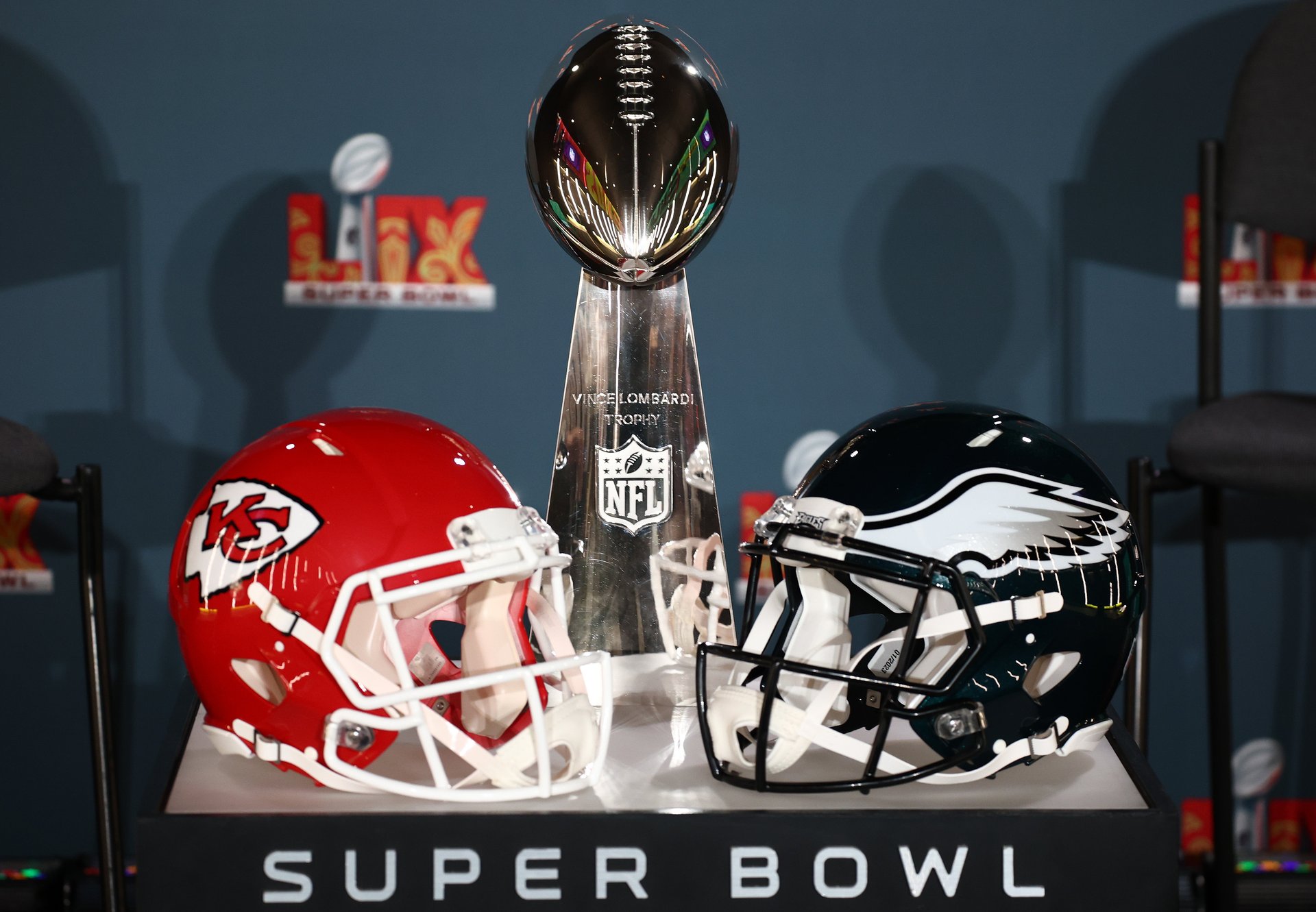The Super Bowl and live events are worth more money than ever
Media companies, including streamers, are paying record amounts to secure broadcasting rights for the world's biggest events

The Super Bowl is just days away and over 100 million Americans are expected to tune in to Fox (FOXA) to watch the Kansas City Chiefs face off against the Philadelphia Eagles, and see Kendrick Lamar’s halftime performance.
Suggested Reading
Events like the Super Bowl attract massive audiences, making them highly appealing to advertisers and an increasingly vital strategy for media companies — including streamers like Netflix (NFLX) — as they navigate a fiercely competitive and fragmented landscape.
Related Content
“The reason the Super Bowl is so important is that a lot of people who typically wouldn’t watch TV, still tune-in during the game,” said Andrey Simonov, a marketing expert and professor at the Columbia Business School. “It brings a lot of unique viewers and these are people which, otherwise, are really hard for companies to reach.”
Some of these new viewers may eventually convert into subscribers or regular audience members for a network, he added.
Last year’s game was the most-watched telecast in U.S. history with 123.7 million viewers, or over a third of the U.S. population. With those many eyeballs, it’s no surprise that the cost for a 30-second spot during this year’s game has surged, with at least 10 commercials going for a record $8 million a piece, Variety reported.
New subscribers and record advertising revenue are driving TV networks and streamers to spend millions of dollars securing broadcasting rights for the world’s largest events.
While the Super Bowl is secured by the four major broadcast networks under deals worth $110 billion, collectively, through 2033, media companies continue to bid millions for other live programming.
For example, in 2022, NBC (CMCSA) secured the U.S. broadcasting rights of the Olympics through 2032 for $7.65 billion.
And it’s not just about sports. NBC is expected to pay triple its previous rate — $60 million — for the broadcasting rights of the Macy’s Thanksgiving Day Parade over next decade. NBC has aired the parade since 1953.
Disney (DIS) reportedly agreed to pay more than $500 million over ten years to air the Grammy Awards starting in 2027. The music awards show has been airing on CBS (PARA) since 1973. The most recent Grammy’s garnered over 15 million viewers.
Now streamers are joining the fray, as they continue to expand their subscriber bases and grow their advertising and sponsorship ventures.
Netflix has had massive success in this arena this year, with major events like the “Jake Paul vs. Mike Tyson” fight, which became Netflix’s “most-streamed sporting event ever. On Christmas Day the company hosted the most-streamed NFL games in history, with Beyoncé’s “Beyoncé Bowl” helping drive 50 million viewers. The streaming pioneer reportedly paid $150 million for the two Christmas Day games. Its rival Amazon (AMZN) paid $1 billion for its Thursday night NFL games through 2033.
For its part, Netflix said these events alone aren’t driving subscription growth. Netflix c0-CEO Gregory Peters told investors on a call in January that its live events in its most recent quarter “represent a small minority” of its total new subscribers in the quarter. Instead, the majority of new subscriptions were driven by “a broad slate and our portfolio globally.” Company executives also reiterated that a full-season of sports is not worth it to them at the moment.
Dan Rayburn, a streaming expert and analyst, told Quartz that Netflix’s live strategy will focus on more targeted events.
“They feel there’s a lot of value for their subscribers for very select, one-off live events that are tied to entertainment,” Rayburn said.
He pointed to the company’s recent deals to stream the WWE’s Monday Night Raw this year and the FIFA Women’s World Cup in 2027 and 2031.
Rayburn said that while live events are becoming more common on the streaming platform, “no one should expect them to all of a sudden try and become a live streaming service.”